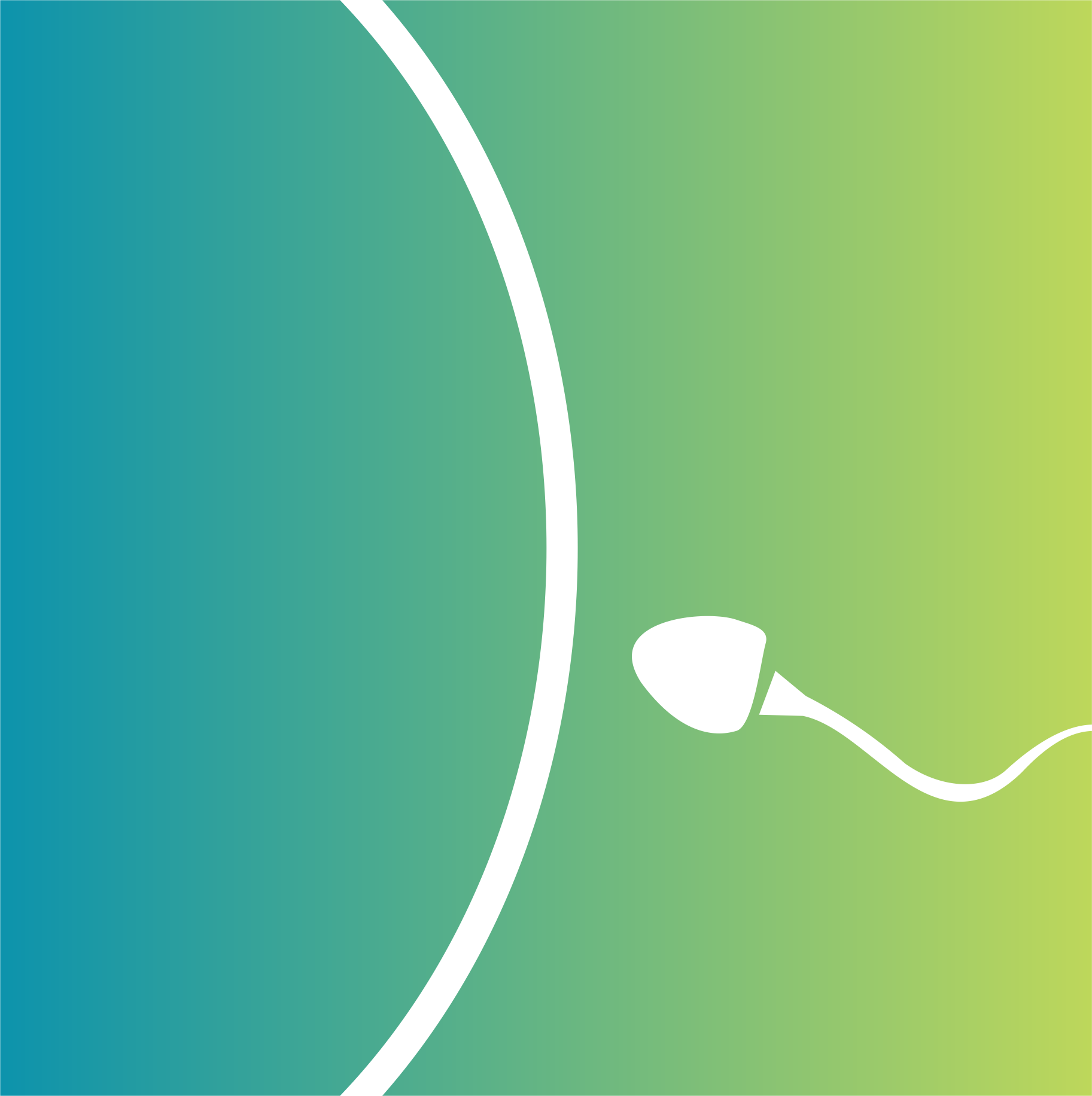
IUI
Infertility is described as the inability of a woman to successfully conceive, or the inability of a man to make a woman pregnant. In women, it may be as a result of problems with the uterus including conditions such as fibroids, polyps and adhesions among others. In men, it is usually caused by low-quality sperm such that they cannot fertilize the woman’s ovules. Low sperm count is also another major reason for male infertility. The good news is that infertility can be treated especially if its causes are detected early. Among the most common infertility treatments aimed at ensuring successful fertilization, implantation, and pregnancy, the IntraUterine Insemination has been proven to work effectively. One of IUI’s major advantages is the fact that it is less invasive and more affordable as compared to other treatments for infertility.
What is IUI?
IUI stands for Intrauterine Insemination, a medical procedure that involves the placement of sperm into a woman’s uterus in a bid to facilitate fertilization, and in turn, implantation and successful pregnancy. In cases where there is reduced probability of sperm reaching the egg for fertilization, IUI is performed with the goal of increasing the number of sperms that reach the fallopian tubes alive. IUI gives the sperm a proper head start thus increasing the chances of most of them reaching the eggs, and the probability of a successful fertilization.


How does IUI work?
IUI is usually the first option for any woman who has been unable to conceive. Unless a woman’s fallopian tubes are blocked thus preventing the sperms from reaching the egg, IUI is greatly effective, having a high probability of success. Before IUI, the doctor will examine the woman via Laparoscopy or ultrasound to ensure that the fallopian tubes are not blocked. Whenever a couple visits a gynaecologist or fertility clinic for IUI, there is usually a set procedure that will be used to ensure the best results are achieved.
The Procedure
For women:-
Preparation
For a woman on fertility drugs, there will be vaginal ultrasound scans performed to track the development of the eggs. When the egg is mature, there will be a hormonal treatment to stimulate the release of eggs. If the woman is not on fertility drugs, this step will be skipped, but on the 12th to 16thday of their menstrual cycle, IUI will be performed. Blood and urine tests will be used to determine when the woman is most likely to ovulate.
Placement of Sperm
After 36 to 40 hours, the doctor then inserts a speculum into the vagina to keep its walls apart and cleans the cervical area. Then a small catheter is carefully directed into the womb via the vagina and cervix. This is the point when the best quality sperm is injected through the catheter into the womb.
Aftermath
Most clinics usually advise that the woman lies down for at least 30 minutes after the procedure. Though, this has not been proven to promote success. Although the procedure is painless, some women usually experience mild period-like cramping.
For Men:-
Collection of the Sperm
Collection of the sperm is usually carried out in the hospital or at home through ejaculation. Before this, the man is usually advised to avoid ejaculation for 2 to 5 days. This helps increase sperm count thus increasing the probability of having more viable sperms.
Sperm Washing
Also known as sperm processing, this step involves separation of sperms from the other components of the semen, concentrating it in smaller volumes. This takes between 30 and 60 minutes. Here, the rapidly moving sperm will be separated from the slower ones as they are more viable.
Storage
The sperm can then be stored under low temperatures for future use or inserted into the woman’s uterus right away.
Whom will IUI benefit?
This treatment was introduced in 1940 and worked incredibly. Over the years, it has undergone multiple advancements to ensure best possible positive results are achieved. While it may not work in all cases of infertility, IUI has been proven to be of great benefit to women suffering from the following conditions.
- Cervical mucus problems that render it hostile
- Scarred cervical tissues from previous procedures or injury
IUI has also been known to benefit men who suffer from the following conditions.
- Ejaculation dysfunction
- Low sperm count
- Reduced sperm motility
- Other mild infertility problems
In cases where all these are severe, and IUI won’t work, it is advisable to look into other options such as In Vitro Fertilization. If the man is not having sperms and he is not producing them in his testis, then the woman should consider having IUI performed using donor sperms.
Cautious when comparing clinic
You need to be cautious when choosing a clinic to have your IUI performed. The doctors should be well experienced in this field. Since this is a really delicate situation that calls for care, accuracy and precision, couples should never rush into it. Compare different clinics, seek trusted recommendations and if possible, go through the clinics’ testimonials and user reviews. This gives you a better idea of what to expect when you visit.
